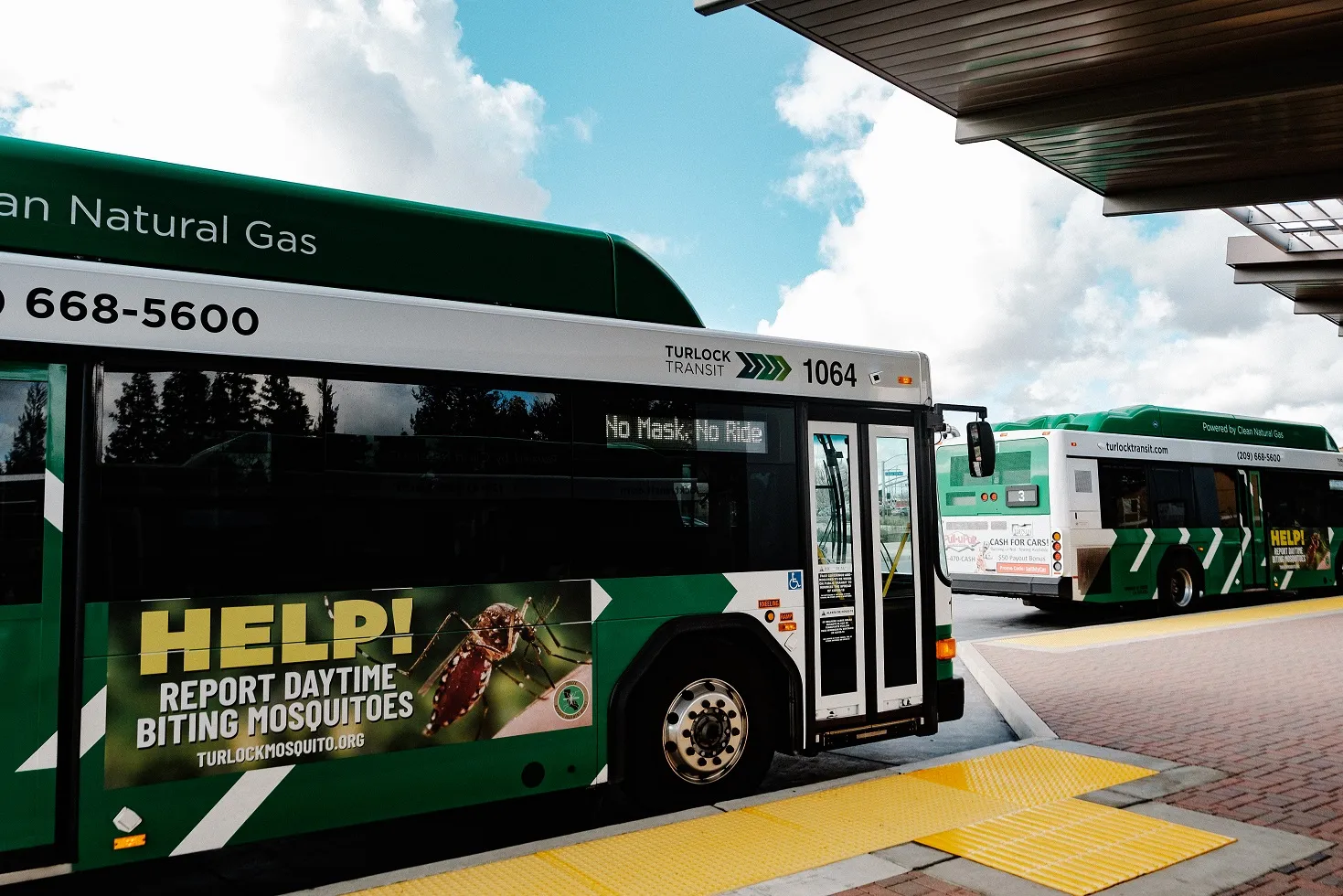Scania has announced a major order for 121 biofuel buses from Nobina, the Nordic region’s largest passenger traffic operator of buses. This is Scania’s biggest order for gas engines to date and represents a breakthrough for the new generation of gas engines introduced by the company in the autumn of 2010.
March 26, 2012
Read time: 1 min
“The choice of main supplier in this major procurement process was based on the environmental performance of the buses and on the fact that Scania is expected to best meet our requirements for low running and maintenance costs during the vehicles’ lifecycle,” says Nobina’s bus fleet manager Martin Atterhall.








